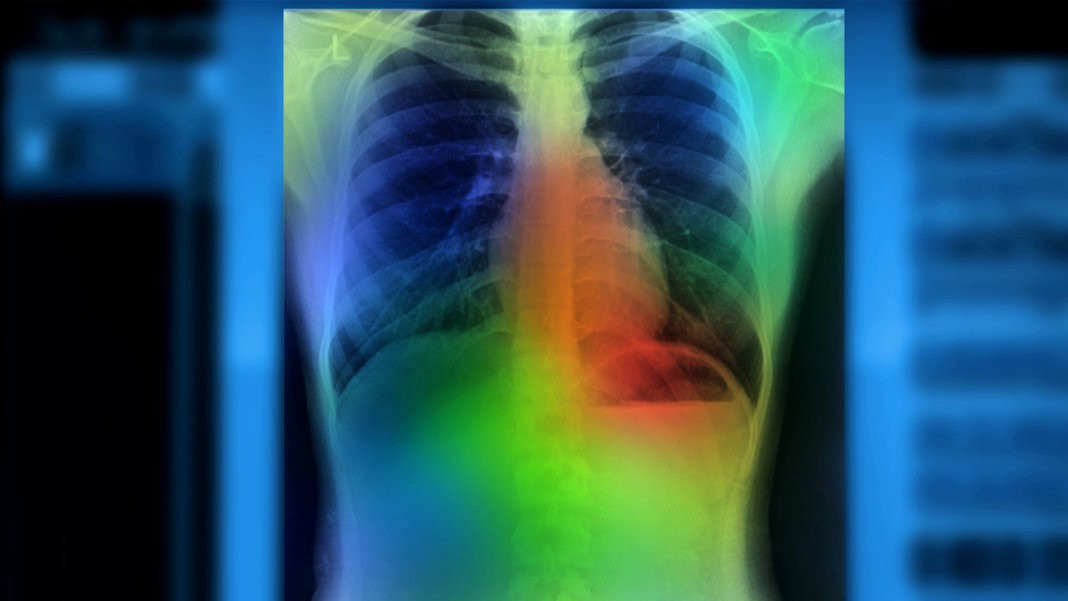It’s January 2026. You wake up. Your digital health assistant takes thirty seconds to run a full diagnostic of your body, deploying dozens of sensors capturing gigabytes of data. It tells you that based on the last 48 hours, you might be coming down with the flu.
Copyright by www.medium.com
 How close are we to this vision? Artificial intelligence (AI) is a machine’s ability to use its own intelligence to analyze data, learn patterns, and use it to predict future outcomes. It’s like teaching a machine basic math, and watching it eventually learn calculus.
How close are we to this vision? Artificial intelligence (AI) is a machine’s ability to use its own intelligence to analyze data, learn patterns, and use it to predict future outcomes. It’s like teaching a machine basic math, and watching it eventually learn calculus.
So, what does this mean for healthcare?
It’s envisioning an AI that will learn your preferences, anticipate your needs and behaviors, monitor your health, and help you problem-solve in support of your health.
But for AI to yield reliable results, it needs data to learn from and an algorithm to work with.
In a previous blog, Be the CEO of Your Own Health, we spoke of how diagnostic medicine is being brought out of doctors’ offices and into our daily lives by means of continuous monitoring. That’s the data we need.
Now it’s up to your medical AI to use that data and change medicine from retrospective, reactive, and generic… to prospective, proactive, and personalized.
Today, we’ll explore the role of AI in the future of healthcare by focusing on two areas:
Thank you for reading this post, don't forget to subscribe to our AI NAVIGATOR!
(1) Precision and personalized medicine
(2) Medical procedures
Let’s dive in…
(This blog is written by Peter Diamandis, MD and Felicia Hsu, MD)
PRECISION AND PERSONALIZED MEDICINE
Today, going to the doctor is about sick care more than healthcare. It’s reactive, not proactive. You typically only seek or get medical help *after* you are sick.
Advances in diagnostic medicine are critical to converting sick care to actual healthcare — in other words, using technology to keep you in peak health.
Let’s look at how AI is playing a role in precision and personalized medicine in five ways:
(1) How does AI use the data from wearables and health monitoring sensors?
AI fits hand in glove with health monitoring wearables. Consider the Oura Ring, one of the most promising wellness rings. The Rockefeller Neuroscience Institute has partnered with Oura to develop an AI-driven model to identify individuals before they become contagious with the flu. And the results of their first study were promising. With its infrared LEDs, accelerometers, gyroscopes, and body temperature sensors, the Oura Ring was able to detect common COVID-19 symptoms three days earlier with 90% accuracy. […]
Read more: www.medium.com


It’s January 2026. You wake up. Your digital health assistant takes thirty seconds to run a full diagnostic of your body, deploying dozens of sensors capturing gigabytes of data. It tells you that based on the last 48 hours, you might be coming down with the flu.
Copyright by www.medium.com
So, what does this mean for healthcare?
It’s envisioning an AI that will learn your preferences, anticipate your needs and behaviors, monitor your health, and help you problem-solve in support of your health.
But for AI to yield reliable results, it needs data to learn from and an algorithm to work with.
In a previous blog, Be the CEO of Your Own Health, we spoke of how diagnostic medicine is being brought out of doctors’ offices and into our daily lives by means of continuous monitoring. That’s the data we need.
Now it’s up to your medical AI to use that data and change medicine from retrospective, reactive, and generic… to prospective, proactive, and personalized.
Today, we’ll explore the role of AI in the future of healthcare by focusing on two areas:
Thank you for reading this post, don't forget to subscribe to our AI NAVIGATOR!
(1) Precision and personalized medicine
(2) Medical procedures
Let’s dive in…
(This blog is written by Peter Diamandis, MD and Felicia Hsu, MD)
PRECISION AND PERSONALIZED MEDICINE
Today, going to the doctor is about sick care more than healthcare. It’s reactive, not proactive. You typically only seek or get medical help *after* you are sick.
Advances in diagnostic medicine are critical to converting sick care to actual healthcare — in other words, using technology to keep you in peak health.
Let’s look at how AI is playing a role in precision and personalized medicine in five ways:
(1) How does AI use the data from wearables and health monitoring sensors?
AI fits hand in glove with health monitoring wearables. Consider the Oura Ring, one of the most promising wellness rings. The Rockefeller Neuroscience Institute has partnered with Oura to develop an AI-driven model to identify individuals before they become contagious with the flu. And the results of their first study were promising. With its infrared LEDs, accelerometers, gyroscopes, and body temperature sensors, the Oura Ring was able to detect common COVID-19 symptoms three days earlier with 90% accuracy. […]
Read more: www.medium.com
Share this: